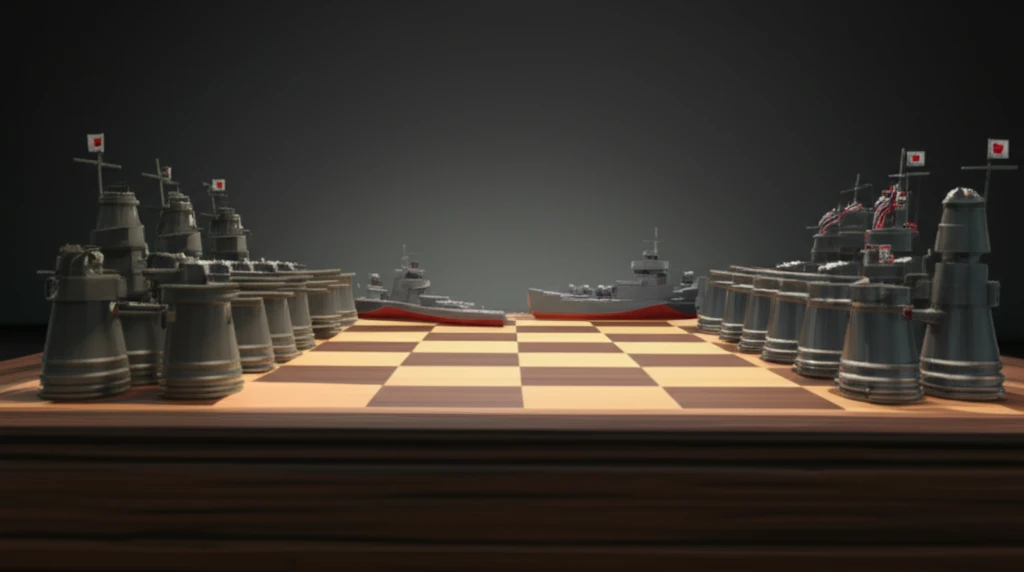
FDR, Pearl Harbor, and the Path to War: Provocation or Inevitable Conflict?
"Uncover the complex narrative behind FDR's decisions, Japan's motivations, and the events leading up to the attack on Pearl Harbor."
The attack on Pearl Harbor on December 7, 1941, remains a watershed moment in American history, catapulting the United States into World War II. While the surprise attack is often portrayed as an unprovoked act of aggression, the events leading up to that fateful day are far more complex and nuanced.
President Franklin D. Roosevelt's role in these events has been the subject of intense debate for decades. Some historians argue that FDR deliberately provoked Japan into attacking, hoping to galvanize public support for intervention in the war against Nazi Germany. Others maintain that FDR was simply trying to contain Japanese expansionism and protect American interests in the Pacific, and that the attack was a tragic but unavoidable consequence of these policies.
Understanding the motivations and actions of both FDR and the Japanese government is crucial to grasping the full context of Pearl Harbor and its lasting impact on the world. This article will explore the key events, decisions, and perspectives that shaped the path to war, examining whether Pearl Harbor was a calculated provocation or an inevitable collision.
The Economic Squeeze: How U.S. Sanctions Fueled Japanese Resentment

By the summer of 1941, relations between the United States and Japan had reached a critical point. Japan's ongoing military expansion in Asia, particularly its occupation of southern Indochina, had alarmed the Roosevelt administration, which viewed it as a threat to American interests and regional stability.
- Freezing of Japanese Assets: Limited Japan's financial operations.
- Oil Embargo: Severely restricted Japan's access to crucial resources.
- Trade Restrictions: Further strained economic ties.
A Legacy of Debate: Understanding the Complexities of Pearl Harbor
The attack on Pearl Harbor was a tragedy that cost thousands of lives and plunged the United States into World War II. Understanding the events leading up to the attack requires a careful examination of the motivations and actions of all parties involved, including President Roosevelt and the Japanese government. Whether Pearl Harbor was a calculated provocation or an inevitable clash remains a subject of debate, but by exploring the complexities of this historical event, we can gain a deeper understanding of the forces that shape international relations and the consequences of political decisions.
